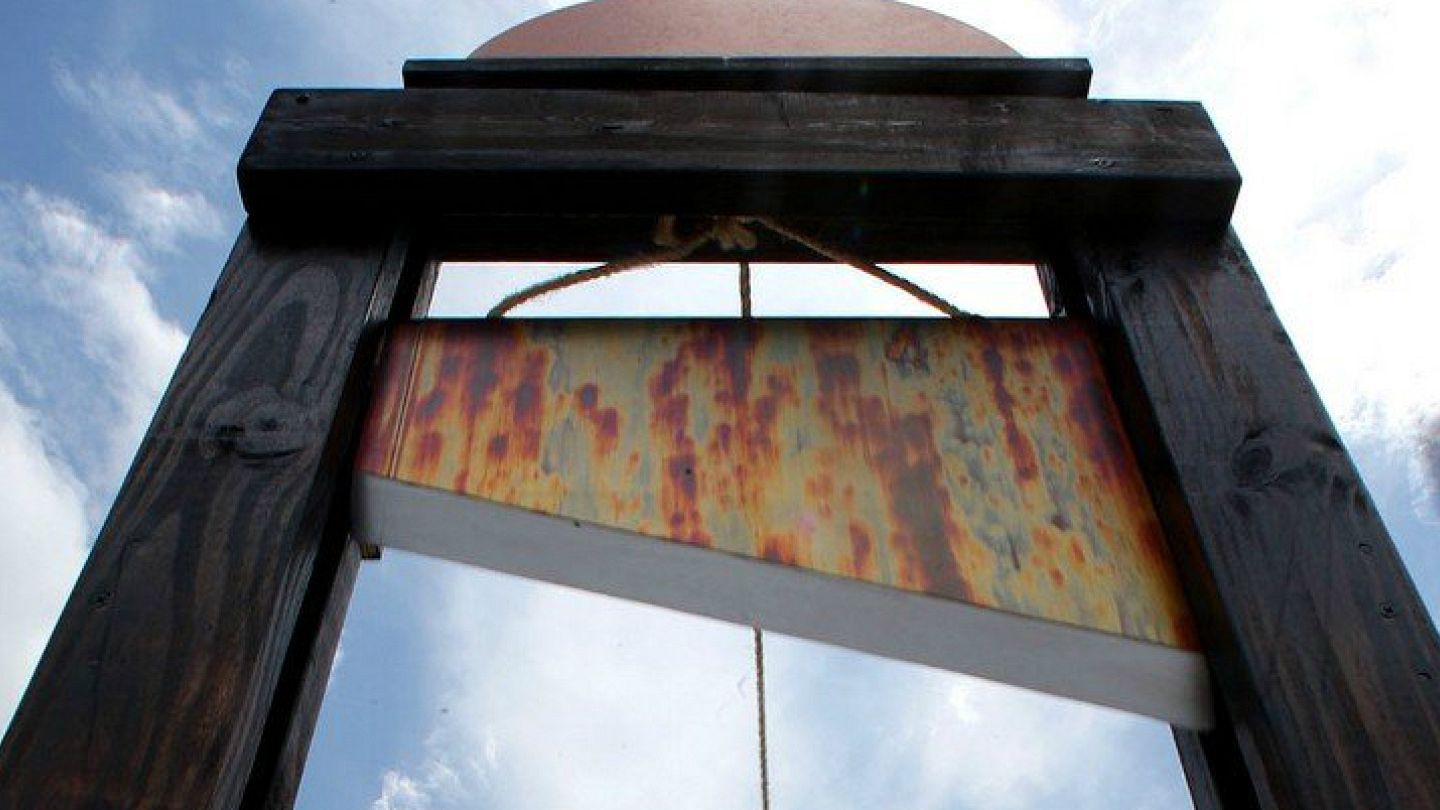Alexander
GA Member
- Oct 11, 2023
- 536
General Bentégeat Resigns as Chief of the Defence Staff


PARIS - In a decision considered only a matter of time following the conclusion of legislative elections, General Henri Bentégeat has offered his resignation as Chief of the Defence Staff to the Empress. As the primary planner of the French military he was considered most at fault for the critical lapses of judgement that allowed Canada uncontested occupation of the western territories. While he has since then been credited with overseeing the rapid mobilization and militarization of French forces, many experts believed this was too little too late to hold onto his office.
Henri Bentégeat has had a long career within the French military, graduating in 1967 from the legendary Saint-Cyr, he joined the Troupes de Marine. He was stationed at several positions in Central Africa before eventually commanding one of the first fully professional regiments while the rest of the Army was still drafted. In 1992 he was assigned as Defence Attaché to the French embassy in Washington, D.C., a position he would hold until he was appointed Commander, French Armed Forces, West Indies. A position where he, critically, was responsible for defence planning relating to the very territories now under attack. In 2000 General Bentégeat was appointed as military adviser to the then Princess and he would continue advising her on military matters for most of the civil war. At the conclusion of the civil war he was appointed as Chief of the Defence Staff.
While the Empress' support of the General had secured his position initially, a critical report from the Bertrand Committee revealed that General Bentégeat and others were aware of critical failures in the western defence policies and that opportunist powers could seek to take advantage of these. The final nail in the coffin came when the General's own deputy testified before the Imperial Assembly that the General had dismissed security concerns.
While Bentégeat is the most prominent head to roll as a result of the invasion, it is likely not the last with multiple investigations seeking to clear the Ministry of the Armed Forces of negative elements. While the Empress decides on a permanent replacement for General Bentégeat, Admiral Édouard Guillaud, Chief of Staff of the Navy and considered a reformer, has been appointed Acting Chief of the Defence Staff and given ultimate command of Operation: Montreal, the French effort to liberate all French territory under foreign occupation.


















